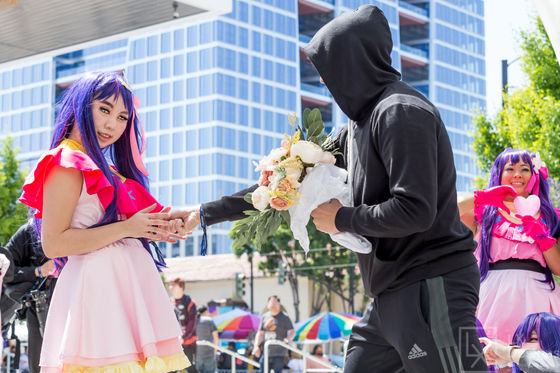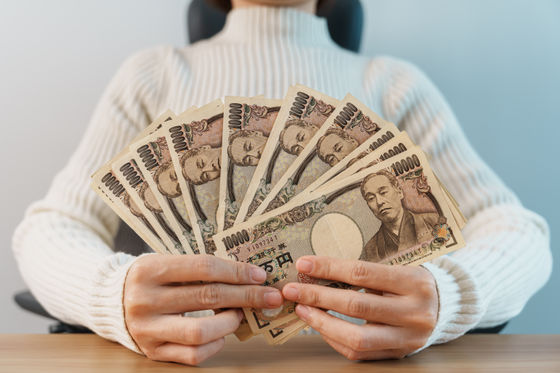Foreign scholars analyze Japan's 'oshikatsu'

Fabio Guigi, Director of the Centre for Japanese Studies at the School of Oriental and African Studies, University of London, and Senior Lecturer in Japanese-related Anthropology at the same institution, discussed 'oshikatsu,' the practice of supporting one's favourite idol, actor
Oshikatsu, the fandom phenomenon Japan hopes can boost its flagging economy
https://theconversation.com/oshikatsu-the-fandom-phenomenon-japan-hopes-can-boost-its-flagging-economy-253853
According to Gigi, oshikatsu is heavily economic in nature, as fans support their idols by attending their events and concerts, and buying merchandise such as CDs and posters. They also promote their idols by sharing content about them, participating in social media campaigns, and creating fan art, novels, and other derivative works.

by
The term 'oshikatsu,' born from fans' desire to connect with their favorite idols, first emerged on social media in 2016, became widely used as a hashtag on Twitter (now X) in 2018, and was nominated for Japan's Buzzword Awards in 2021.
In Japan, supply chain disruptions caused by the COVID-19 pandemic and inflation caused by geopolitical risks have led consumers to cut back on spending, and while many major companies are expected to raise wages for the third consecutive year in the 2025 spring labor offensive, it is unclear whether wage increases will continue in the future.
In this context, oshikatsu is attracting great interest from Japanese companies, especially from the entertainment industry.
Contrary to the image of oshikatsu as a youth culture, Gigi points out that oshikatsu is also spreading among the elderly. For example, a survey conducted in 2024 by Hamelc, a market research company that publishes information magazines targeted at seniors, found that 46% of women in their 50s have a favorite idol, and 69.6% of them spend money on their favorite idol.

'Oshikatsu also represents an interesting reversal in gender ideology. In traditional Japanese households, the husband is still expected to be the breadwinner, but in oshikatsu, women are more likely to financially support younger men,' said Gigi.
How much money people spend on their favorite idols varies from person to person, but
For this reason, it is expected that oshikatsu will boost consumption, but Gigi believes that it will not go as expected by the Japanese government. This is because young people in particular tend to be put off by government endorsements, so if the government gets too involved, there is a risk that enthusiasm for oshikatsu will wane. It has also been pointed out that there is a psychology of wanting to support idols who are not yet famous, and money tends to flow to individuals rather than stars supported by large corporations.

When most foreign media reports on Japan's oshikatsu, they usually focus on the economics and eccentricities of fanatics who work multiple jobs to support their idols, or older women who splash out millions on young male idols half their age, but Gigi says 'these reports miss the gradual but significant changes in Japanese society.'
An aspect of oshikatsu that is not visible in monetary figures is revealed in a 2022 study that revealed that fans oshikatsu seek to connect with like-minded people, satisfy their desire for recognition, and feel a sense of belonging.
While the same thing can be obtained from friendships or romance, an increasing number of young people in Japan are finding such relationships to be 'troublesome.' As a result, human connections themselves are becoming a consumer product, with people paying for them, such as friend rentals, non-sexual hug services, and escort services provided by women dressed as men.
Gigi said, 'On the other hand, oshikatsu can also be the catalyst for new friendships. When fans come together to worship their idols, it is a powerful means of creating new communities. It will be interesting to see how these changes in the way people interact with each other will shape the Japanese economy and society.'
Related Posts:
in Note, Free Member, Posted by log1l_ks







